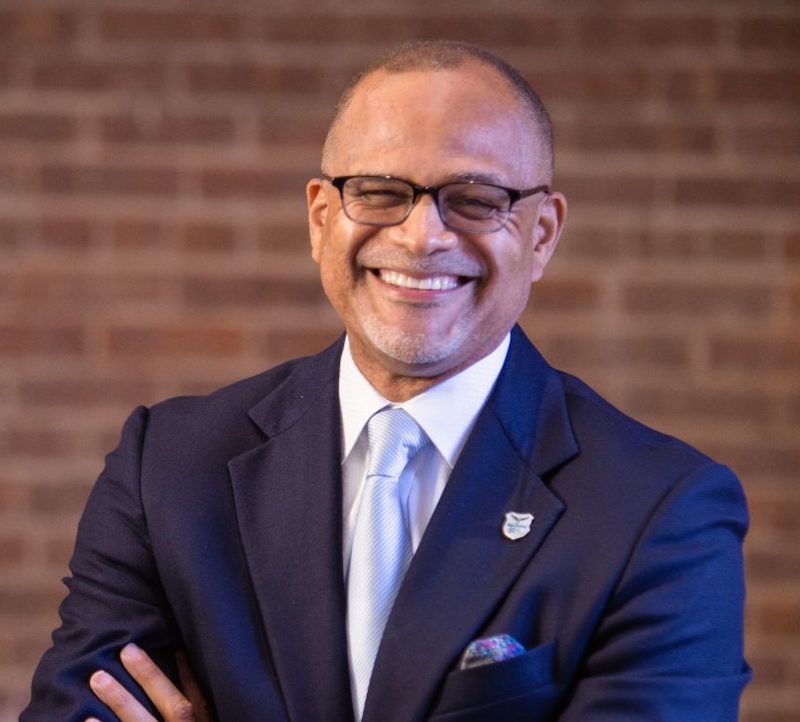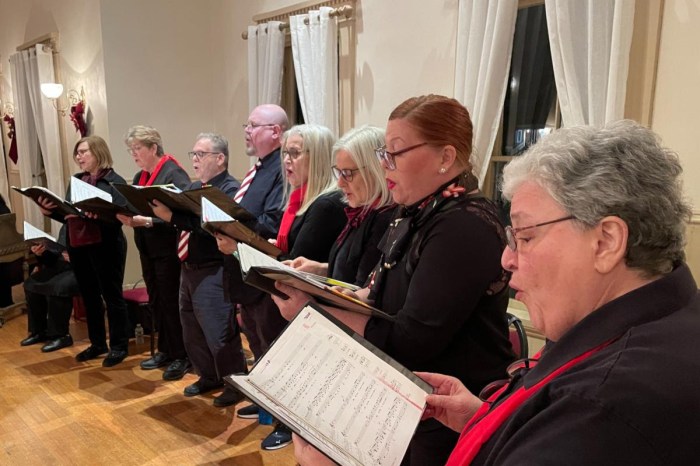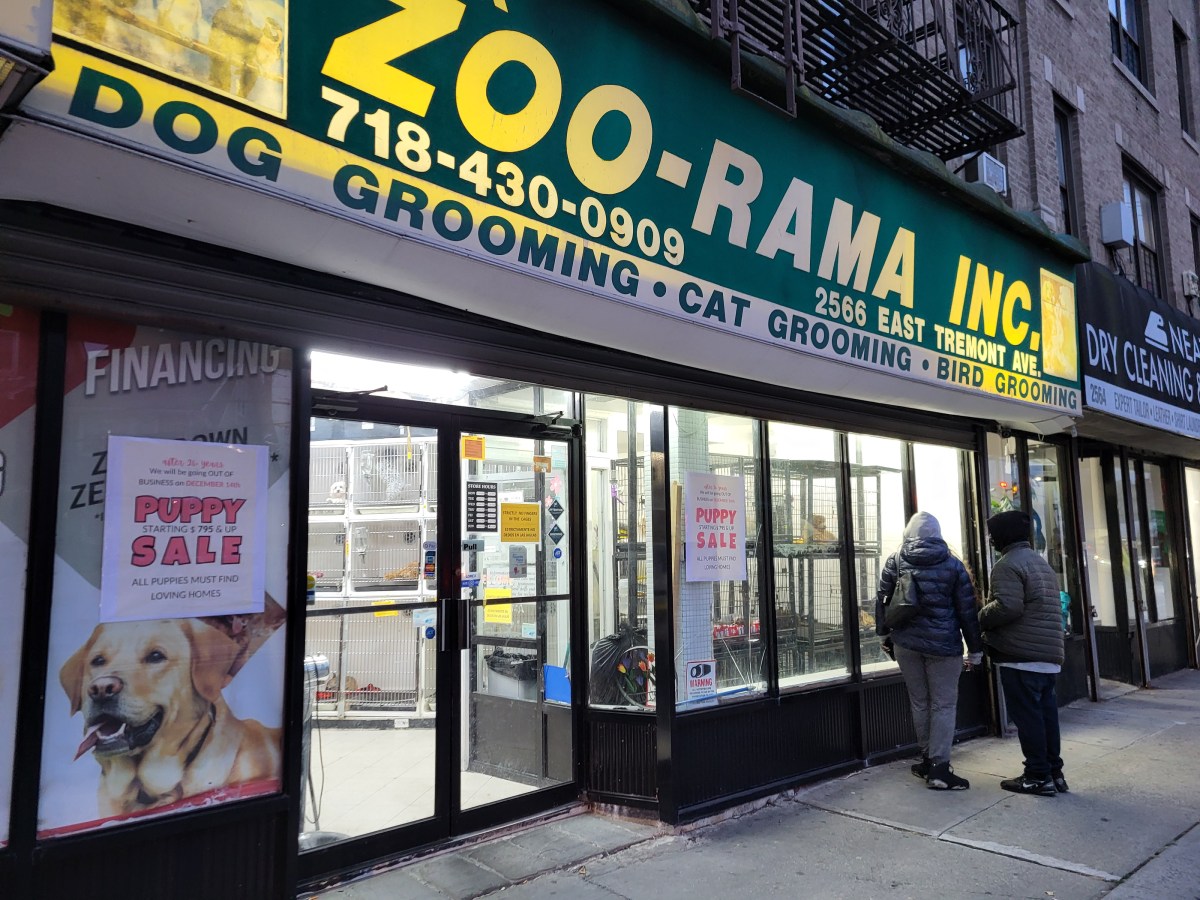NYC Schools Chancellor David Banks outlined his plans to improve the school experience for students in District 26, along with the rest of Queens, during a virtual town hall Tuesday night.
Banks discussed necessary improvements in areas including security workers, admissions for gifted programs, superintendents, overcrowding schools and virtual learning.
The meeting began with comments from District 26 Community Education Council (CEC) President Al Suha, who said that the CEC 26 was the best performing district in New York City, but one that is also chronically underfunded.
“Even though about half of our students are economically disadvantaged, District 26 is not eligible to receive [grants],” Suha said.
He criticized the previous mayoral administration for its lack of transparency with the community, which according to Suha, led the de Blasio administration to “reduce underrepresentation by lowering mission standards and playing shell gains with our children in so-called diversity initiatives. He essentially created a zero-sum game which pitted segments of the community against each other, and by doing so the previous mayor alienated our families.”
As a result, Suha said that many families left the public school system. He added that the CEC wants the chancellor to expand screening for middle and high school seats and increase capacity for a large high school in Queens.
A high school student who attended the meeting expressed concerns about an increase in fights among students, which Banks said was due to the district’s current shortage of school safety officers responsible for stopping these fights.
Banks said there would be a class of school safety agents graduating Thursday and while they would put to work as soon as possible, the class isn’t large enough to cover the entire school system. Additionally, Banks pointed out the time it takes to train these officers.
“The challenge is that even with school safety officers it takes they have to go through 17 weeks of training, so we can’t identify some people and just put them in schools,” Banks said.
Banks also expressed his belief that violence in schools usually stems from violence outside the schools.
“We have issues of violence happening all over the community,” Banks said.
The chancellor said that many of the students who were caught bringing weapons to school said they were doing so in order to protect themselves within their own communities.
When asked how he intended to address the lowered threshold for the admissions process to gifted high schools under the previous mayoral administration, Banks said that this hot button was a difficult decision and required listening to both sides of the argument. Ultimately, Banks decided upon keeping the threshold as is for the upcoming school year before reviewing it again.
Banks revealed he intends to grant more power to superintendents and local communities. The executive superintendent role will be eliminated, superintendents will be granted a higher salary and have greater resources with which to work and the community will have a strong say in choosing their superintendents.
“I need you and I see you and I respect you,” Banks said of the community.
When asked about overcrowding in the district forcing some kids to travel long distances to schools, Banks shared those concerns. He said that the focus should be on the geographic priorities of students in the district, though overcrowding has made it more difficult. Additionally, the chancellor said that a lot of funding is currently focused on building more schools in Queens and also pointed to remote learning as another possible solution to reducing overcrowding.
According to Banks, “remote learning is here to stay,” and said that it’s an opportunity for some students to get accelerated learning, with the possibility of even graduating early. This would open up more space for students at schools that would otherwise be overcrowded. It also presents opportunities for students who may not be able to make it to school with the option to stay caught up on their classes. Additionally, students who are falling behind in their classes would have the necessary resources available to try to catch up.



































